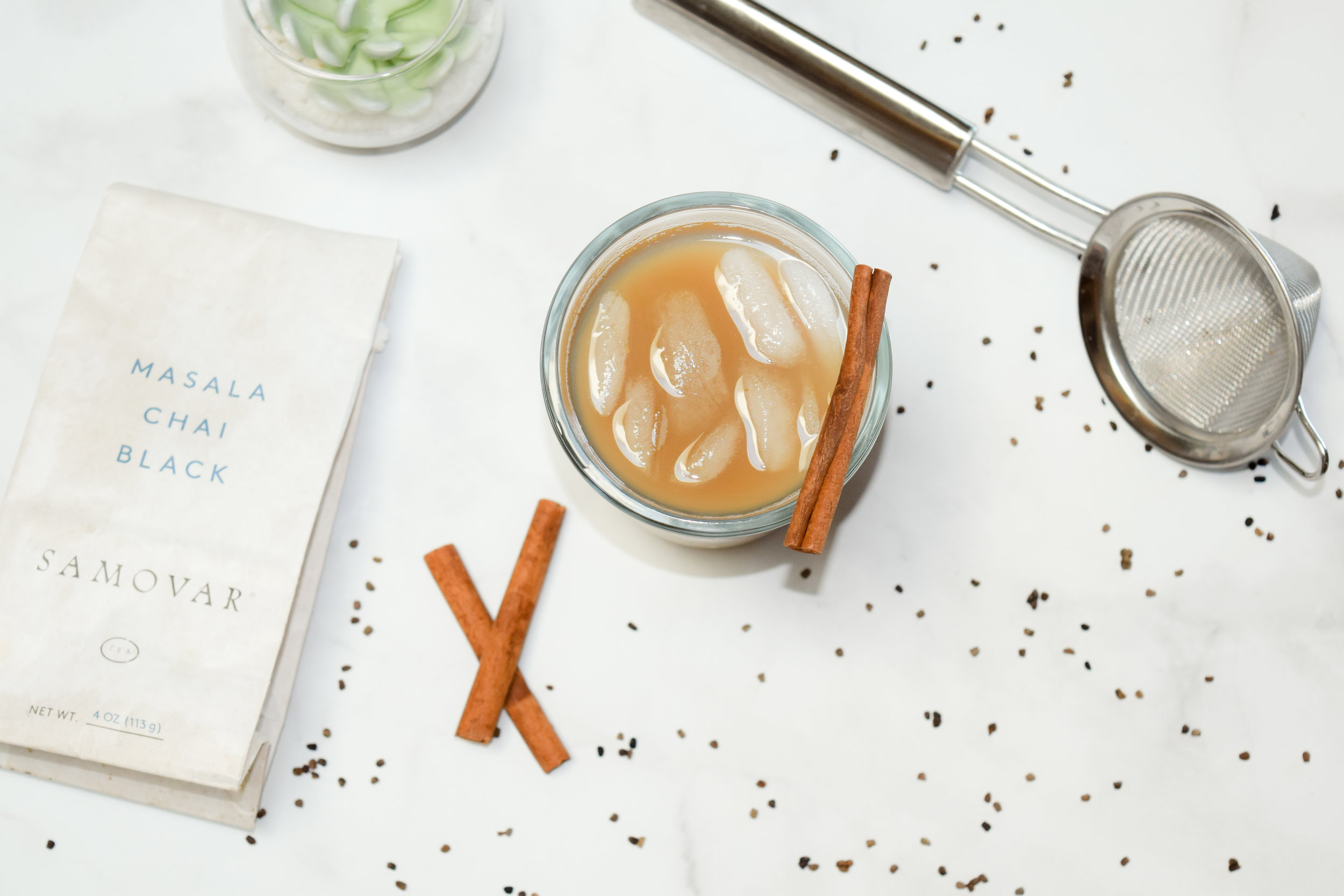Review: Samovar Masala Chai Black
Samovar has been finding connections to make the sources of their ingredients as diverse as possible. They offer many different teas and concentrates, which are sold in multiple cafes in San Francisco as well as online.
The first thing I notice when I’m looking to buy anything is the website design. It has to look modern and legitimate, and not like it came from the depths of 2008. Their website is modern, and easy to navigate, so I decided to buy their loose leaf Masala Chai. I bought a 4 oz bag for $17.
On their site, it mentions the origin is from China and the USA. Chinese black tea is used in this mix, but the difference is not too noticeable.
I really like the packaging, it’s very simple but has a vintage vibe with a wax seal. The directions on the package don’t mention the serving size, and makes about 2-3 servings. (The first time I made this I had assumed it was for single serving so I ended up sharing)
When boiling the tea, the most noticeable smell is the cinnamon which is the main flavor in the end product as well.
The overall taste is more of an American style, the sugar and cinnamon being the leading notes. There is no actual spice, but tastes more like a cinnamon milk. This is still a very good afternoon drink for a caffeine boost (there is definitely a noticeable energy surge after drinking this).
The biggest drawback is that it takes over half an hour to make (following the directions on the back of the package). You have to wait for the water to boil first, then once you add the mix you let it boil for another 10 minutes, add the milk then once again wait for it to boil, then after you remove it you have to let it sit for another 5 minutes before you can strain.
Overall its a nice non-spicy chai option, if you have 30 minutes to spare. It has a pleasant flavor, and a high caffeine boost, and good ingredients in a loose-leaf mix.



